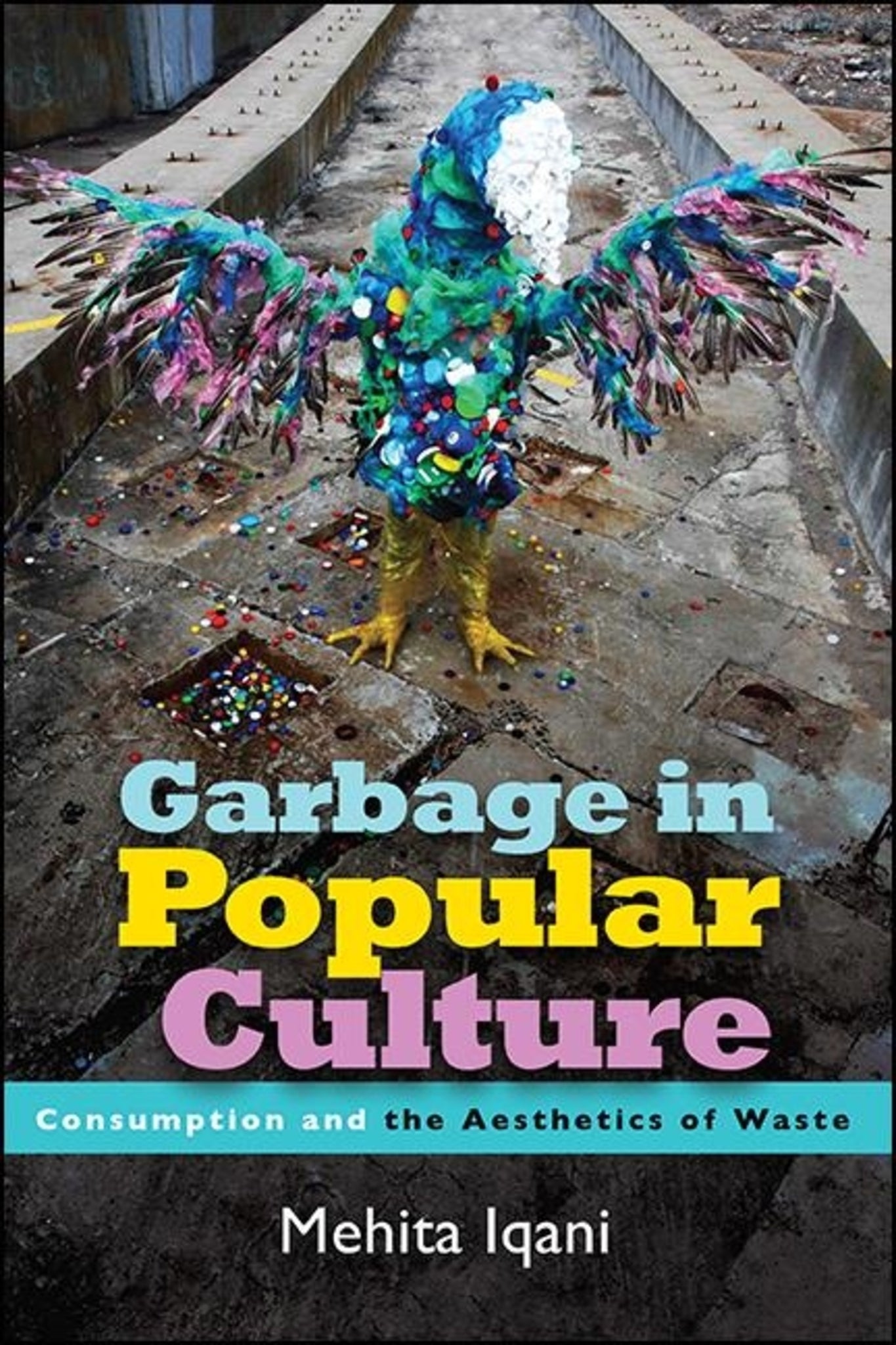We're sorry. An error has occurred
Please cancel or retry.
Garbage in Popular Culture

Some error occured while loading the Quick View. Please close the Quick View and try reloading the page.
Couldn't load pickup availability
- Format:
-
02 July 2021

Explores the cultural politics of garbage in contemporary global society.
Garbage in Popular Culture is the first book to explicitly link media discourse, consumer culture and the cultural politics of garbage in contemporary global society. It makes an original contribution to the areas of consumer culture studies, visual culture, media and communications, and cultural theory through a critical analysis of the ways in which waste and garbage are visually communicated in the public realm. Mehita Iqani examines three key themes evident in the global representation of garbage: questions of agency and activism, cultures of hedonism and luxury, and anxieties about devastation and its affect. Each theme is explored through a number of case studies, including zero-waste recycling campaigns communicated on Instagram, to fine art made with waste, popular entertainment festivals, tropical beach tourism, and films about oil spills and plastic waste in oceans. Iqani argues that we need a new vocabulary to think about what it means to be human in this new age of consumption-produced waste, and reflects on what rubbish allows us to learn about our relationship with the natural world.


"Among the book's greatest strengths is its insistence that waste has come to define humanity. A powerful argument emerges about the significance of 'waste-work' and the way in which 'trashscapes' are increasingly defining the world around us. I embrace the book's call that, 'perhaps we all need to become trashologists.'" — Eleftheria J. Lekakis, author of Coffee Activism and the Politics of Fair Trade Consumption in the Global North
Illustrations
Acknowledgments
1. Globalization, Consumption, and Media: Why Rubbish Matters
2. Agency and Action: Recycling Consumer Subjectivity through Waste
3. Hedonism and Luxury: Waste and Its Traces in Narratives of Pleasure
4. Devastation and Affect: Seeking Consumption in Oil and Plastic Trashscapes
5. Public Objects, Wasted Subjects, Uncertain Futures
References
Index



